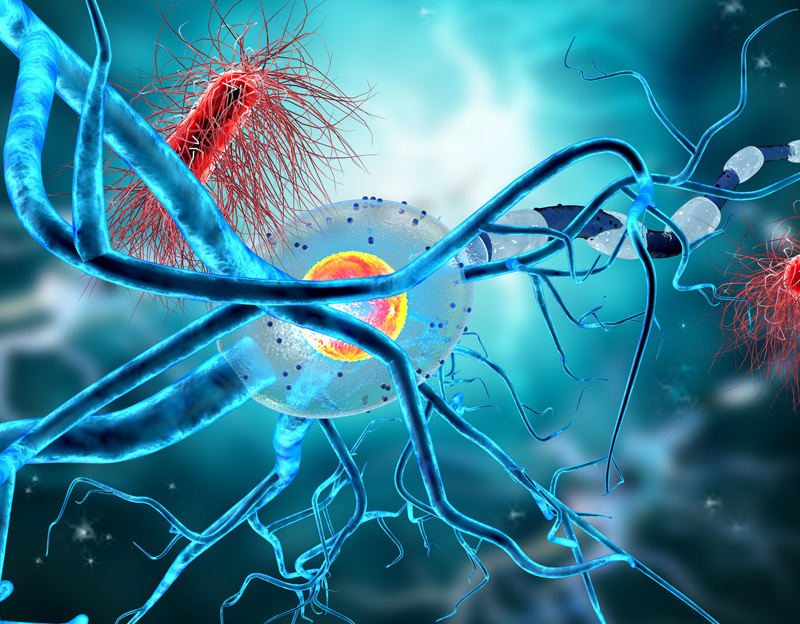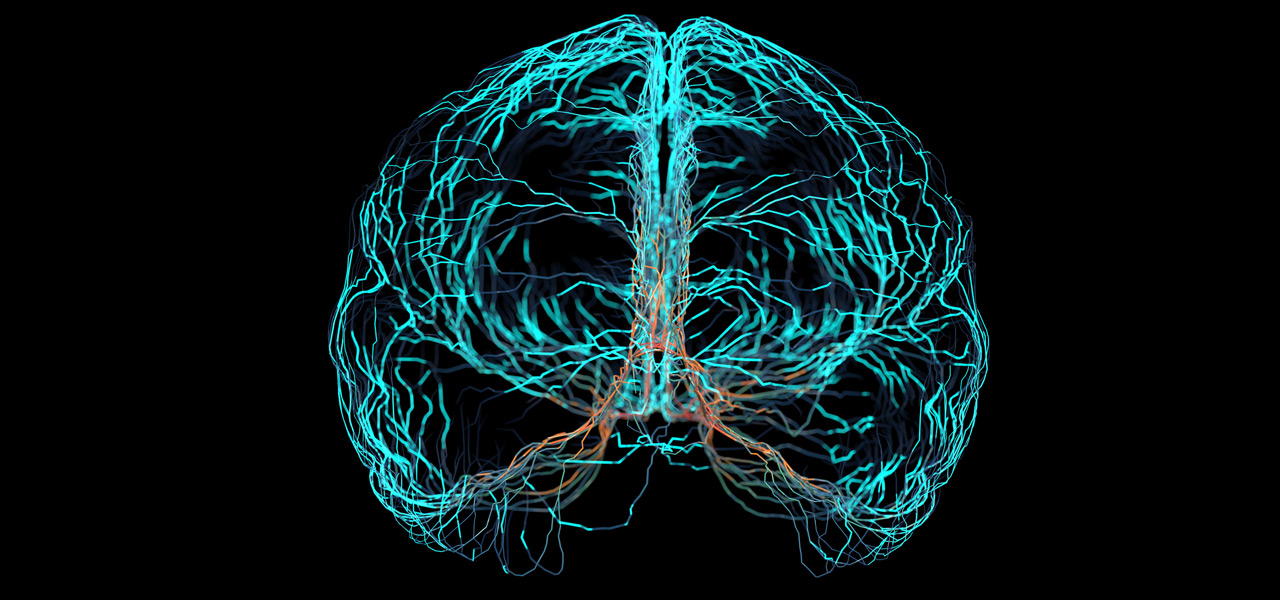

Neurology is the study of disorders and diseases affecting the nervous system. Brigent Specialty formulates medication designed to treat a range of conditions affecting the nervous system.
Common Neurological Conditions
The following conditions may require treatment with custom medication:
- Acute Spinal Cord Injury
- Alzheimer’s Disease
- Amyotrophic Lateral Sclerosis (ALS)
- Ataxia
- Bell’s Palsy
- Brain Tumors
- Cerebral Aneurysm
- Epilepsy and Seizures
- Guillain-Barré Syndrome
- Headache
- Head Injury
- Hydrocephalus
- Lumbar Disk Disease (Herniated Disk)
- Meningitis
- Multiple Sclerosis
- Muscular Dystrophy
- Neurocutaneous Syndromes
- Parkinson’s Disease
- Stroke (Brain Attack)
- Cluster Headaches
- Tension Headaches
- Migraine Headaches
- Encephalitis
- Septicemia
- Myasthenia Gravis

Symptoms of Neurological Conditions
Patients with a neurological condition may experience:
- Burning feeling
- Numbness
- Pins and needles sensations
- Muscle weakness
- Paralysis
- Sensitivity
- Referred pain
- Low blood pressure
- Dizziness or vertigo
- Loss of consciousness
- Altered smell or taste
- Confusion or cognitive changes
- Lethargy or change in level of consciousness
- Involuntary muscle contractions
- Loss of balance
- Tingling
- Difficulty chewing
- Digestive problems
- Loss of bladder or bowel control
- Nausea with or without vomiting
Emergency neurological conditions may cause the following symptoms:
- Abnormal pupil size or nonreactivity to light
- Change in level of consciousness or alertness, such as passing out or unresponsiveness
- Difficulty swallowing
- Disorientation
- Dizziness or vertigo
- Garbled or slurred speech or inability to speak
- Loss of muscle coordination
- Respiratory or breathing problems, such as shortness of breath, difficulty breathing, labored breathing, wheezing, not breathing, choking
- Seizures
- Sudden paralysis or inability to move a body part
- Vision changes or sudden blindness
Causes of Neurological Symptoms
Patients with neurological symptoms may have problems with their peripheral nervous system. Other causes may include certain syndromes, such as carpal tunnel syndrome, diabetes, autoimmune diseases, virus infection, or traumatic injury, such as:
- Burns
- Compression, crushing or severing of nerves
- Detachment of nerves from the spinal cord
- Electrical injury
- Fracture or dislocation of a bone
- Gunshot injury
- Physical assault
- Slipped vertebral disks or other spine conditions
Autoimmune diseases that can cause neurological symptoms include:
- Epstein-Barr virus infection
- Guillain-Barré syndrome
- Hepatitis C
- Human immunodeficiency virus (HIV) infection
- Lyme disease (inflammatory bacterial disease spread by ticks)
- Other bacterial and viral infections of the brain or meninges (membranes lining the brain and spinal cord)
- Systemic lupus erythematosus (disorder in which the body attacks its own healthy cells and tissues)
- Varicella-zoster virus infection (virus that causes chickenpox and shingles)
Risk Factors For Neurological Conditions
The following factors increase the risk of developing a neurological condition:
- Alcohol or illicit substance abuse
- Diabetes
- Exposure to toxic substances or poisons
- Family history of degenerative neurologic conditions
- High blood pressure
- Nutritional deficiencies
- Repetitive motions or stress
Importance of Neurology Medication
Patients diagnosed with a neurological condition will need medication that address their unique symptoms and takes into account their overall health. At Brigent Specialty Pharmacy, our team formulates highly-precise medication to deliver maximum treatment results.
Why Use Compounded Medications
Patients may need compounded medications if:
- The medication is discontinued, hard-to-find, or in shortage
- The patient needs a very specific dosage that isn’t commercially available
- The current formulation is hard to take (for example, the pill is too large)
- The patient is allergic to a particular ingredient, such as sugar, casein, aluminum, dyes, gluten, or lactose
- Two or more therapies need to be combined into one medication

